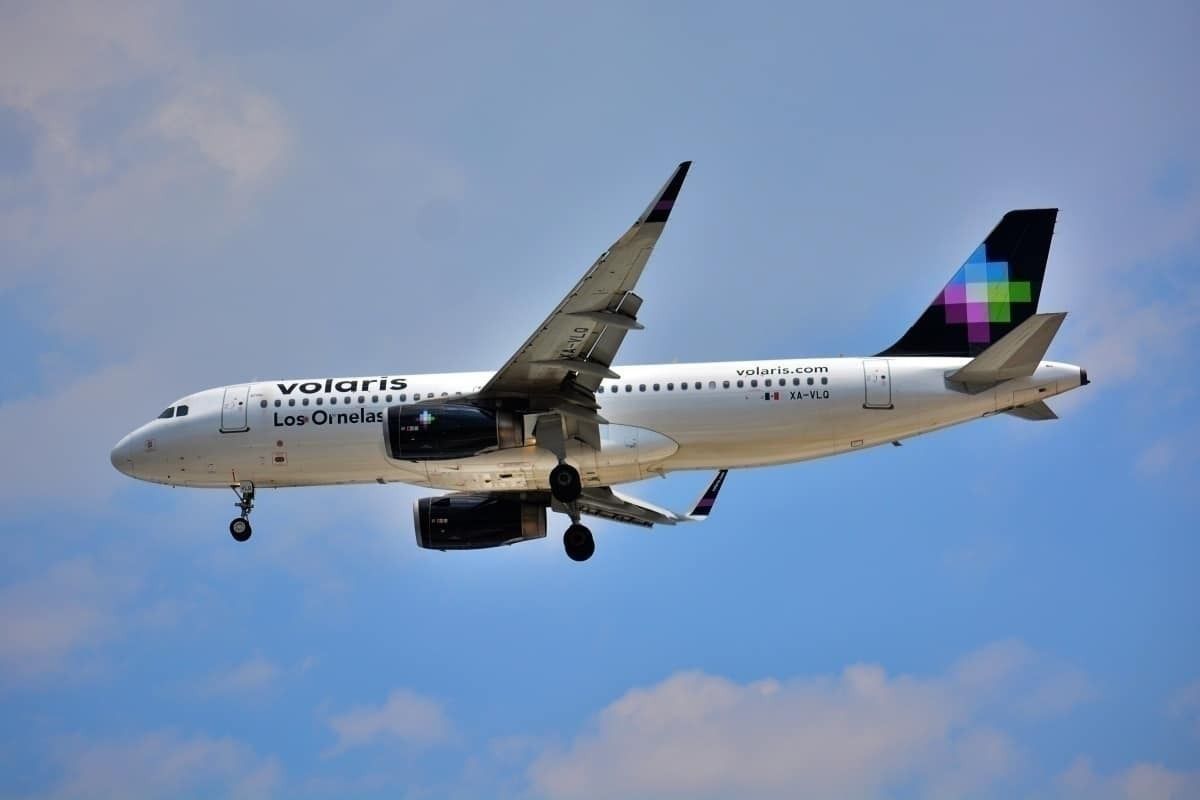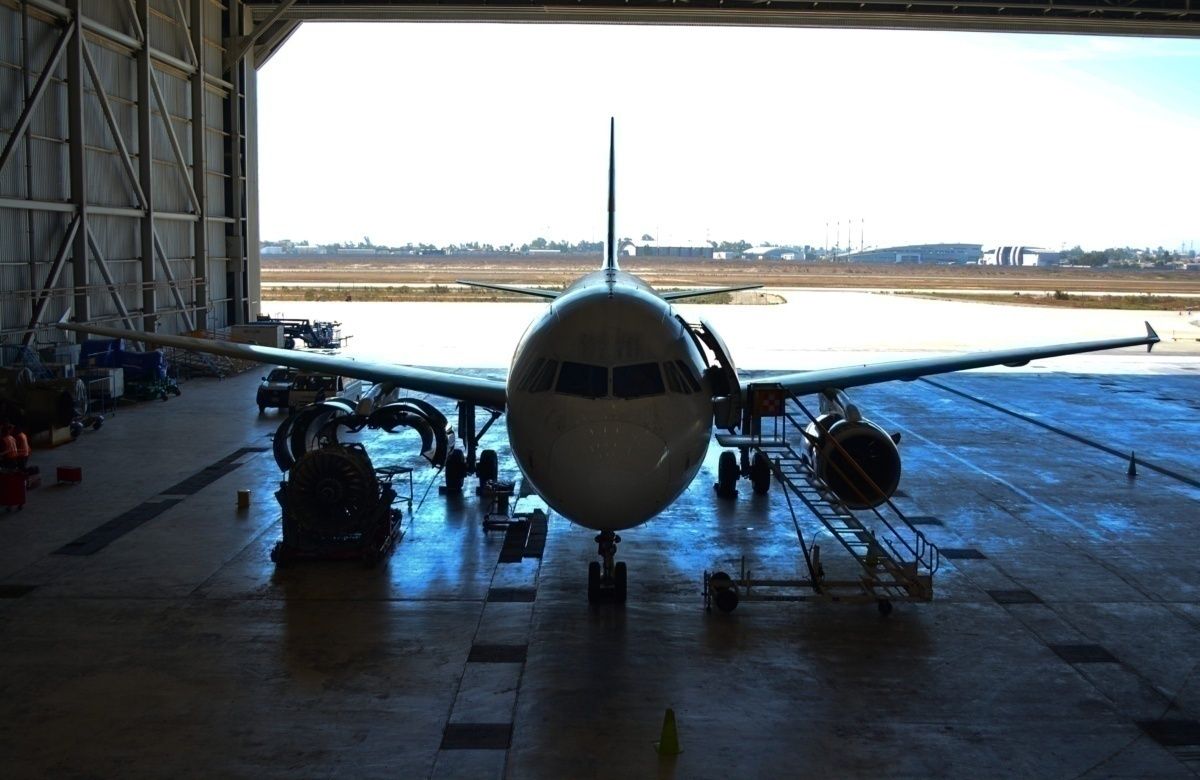During May, Volaris had an impressive load factor in the flights it operated. In its monthly figures, the Mexican ultra-low-cost carrier said it had a "reserved load factor" of 105% for its international flights. While this statement seems odd, it is understandable due to the nature of the operations of Volaris in the last month. Let's investigate further.
How can you have a 105% load factor?
First of all, the flights that Volaris operated were not overcrowded. The actual operational load factor of international flights in May 2020 was 90%, which is still a very high percentage. Also, it is higher than the load factor it had in April.
The 90% operational load factor of international Volaris flights had a reserved load factor of 105%, meaning that some of the bookings were 'no shows'.
It is normal for airlines to oversell flights, with the idea that some passengers may not turn up.
Read more: Why Some Airlines Often Overbook Flights
A 90% load factor is still high:
A load factor of 90% during the COVID-19 is still very high, the airline explained,
"The unusually high load factor in our international routes was due to the consolidation of flights by the reduction of our operations during the current COVID-19 pandemic."
The airline has reduced a large number of frequencies to cope with the lower demand, while saving as much money as it can. In May, Deutsche Bank said that Volaris was saving between 20 and 25 million dollars a month through several initiatives to preserve cash. The estimates are that Volaris is burning up to 40 million dollars a month during the pandemic.
By June, Volaris is operating 74 routes. Of these routes, 60 are domestic and 14 international and represent a third of the airline's original map route.
Stay informed: Sign up for our daily aviation news digest.
Volaris is still the number one airline in Mexico
Last month, Volaris transported 213,000 passengers. The number is an 88.9% decrease in comparison with May 2019. Domestically, the airline carried 194,000 passengers. Internationally it had 19,000 passengers.
In 2020, the low-cost carrier has had 5.8 million passengers, a 33.7 decrease compared with last year. In 2019, Volaris became the leading airline in the country by the sheer number of passengers. Nevertheless, even with the current pandemic, Volaris is still the main airline in Mexico.
For instance, Grupo Aeromexico has had 4.46 million passengers in 2020, a 47.7% decrease with last year. Viva Aerobus has had 3.88 million passengers, a 28.9% decrease. Finally, Interjet hasn't published its monthly numbers, but it has transitioned from an Airbus fleet to a Sukhoi based fleet in the last two months.
The silver lining? Volaris low unit costs
Yesterday, Volaris published its annual report on sustainability. The low-cost carrier said it has the lowest unit costs in Latin America, and it is the second worldwide.
The business model of Volaris is through being an ultra-low-cost airline. To do it, Volaris has five pillars: increasing the capacity in its fleet, reducing costs, keeping low prices, competing directly with bus lines, and giving more flexibility to the travelers.
"Volaris has built a strong and diverse route map, through its point-to-point model, and has minimal concentration under one hub. For instance, only 27.4% of the total seats of Volaris depart from Mexico City International Airport," it said.
Additionally, Volaris has a bigger capacity in comparison with its main two low-cost competitors: Interjet and Viva Aerobus. This allows the airline to bring more passengers into congested airports such as Mexico City.
And what about the competition with the bus lines? According to the airline, in 2019, 26% of its capacity had only one direct competitor: the bus companies in Mexico. Last year, 6% of Volaris travelers were first-timers. And of this total, 83% said that they would never travel again on a bus line if they could avoid it.
So, Volaris has a good silver lining but, how shaken will it be after coronavirus? Let us know in the comments.



